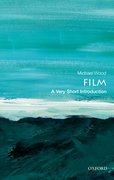“The Mouth that roared”: Peter Benchley’s Jaws at 40
By Kirk Curnutt
The novel that scared a generation out of the ocean and inspired everything from Shark Week to Sharknado recently turned forty. Commemorations of Peter Benchley’s Jaws have been as rare as megalodon sightings, however.




